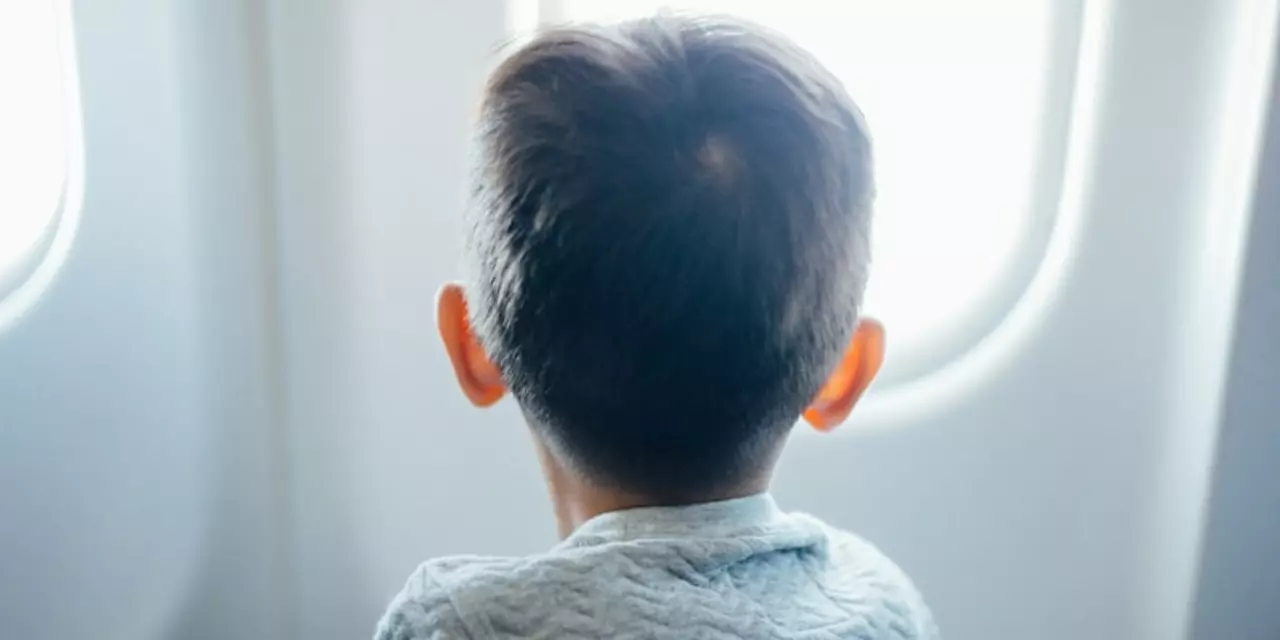Exploring the Legal and Safety Risks of Allowing Drunk Passengers on Domestic Flights
The safety of airline passengers is always a top priority for airlines, and they must take into account the legal and safety risks associated with allowing a drunk passenger to board a domestic flight. Depending on the country, there are different laws in place that regulate the behavior of passengers on domestic flights, and these laws may vary from country to country.In the United States, the Federal Aviation Administration (FAA) stipulates that any passenger who is intoxicated or under the influence of alcohol or drugs are not allowed to board a flight. This includes any passenger who appears to be impaired or who smells of alcohol. Furthermore, the FAA requires that all crew members be trained to recognize signs of intoxication, and they must be prepared to take appropriate action when necessary.
In most countries, passengers who appear to be under the influence of alcohol can be denied boarding, and the airline can take further action if necessary. Depending on the airline and the severity of the situation, the passenger may be handed over to law enforcement, banned from the airline in the future, or even fined if the situation warrants it.
Passengers who are drunk on a domestic flight can also put the safety of other passengers at risk. Drunk passengers can be disruptive and cause a disturbance on the plane, which can compromise the safety of the flight. Furthermore, if an intoxicated passenger were to become ill or suffer an injury on the flight, their condition could be exacerbated and put their own health at risk.
Therefore, it is important for airlines to take all necessary steps to ensure the safety of their passengers. Domestic flights should not allow a drunk passenger to board, as it poses a legal and safety risk to other passengers and crew members. Airlines must take all necessary steps to ensure the safety and security of all passengers on board.
Understanding the Rights of Airlines and Passengers in Regards to Drunk Passengers on Domestic Flights
When it comes to air travel, airlines have the authority to deny passengers from boarding a flight if they are deemed to be a safety risk. This includes when a passenger is drunk or intoxicated. Airlines have the right to refuse service to any passenger who appears to be drunk and is creating a disturbance or is a safety risk to other passengers or crew members.When it comes to domestic flights, the standards are the same. Airlines are obligated to ensure that their passengers and crew are safe. If a passenger appears to be intoxicated, disruptive, or otherwise a risk to the security of the flight, they can be denied boarding. This is regardless of whether the flight is international or domestic.
Passengers should also be aware that if they become intoxicated on a flight, they may be asked to disembark the plane at the next stop. Airlines are obligated to take appropriate action if a passenger is drunk and unable to control their behavior. This is for the safety of other passengers and crew members.
Ultimately, passengers should always act responsibly when it comes to air travel. Airlines have the right to deny boarding to passengers who appear to be drunk or intoxicated, and passengers should be aware of the potential consequences of their actions. That being said, passengers who act responsibly and follow airline regulations should not experience any issues when boarding a domestic flight.

Write a comment